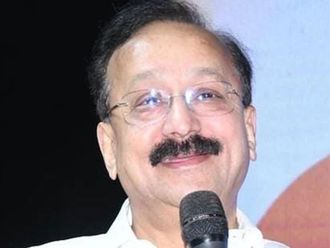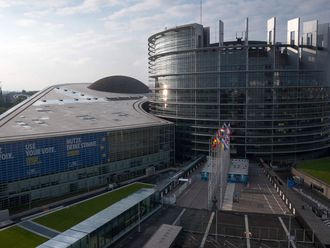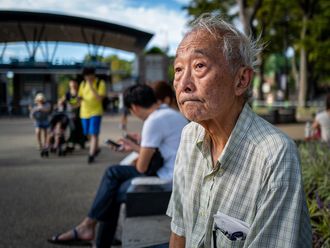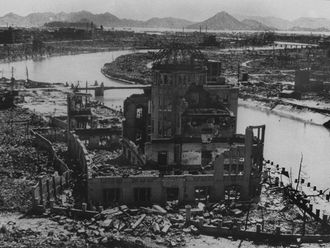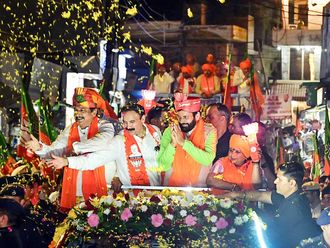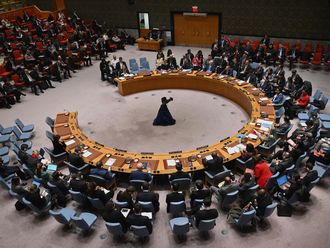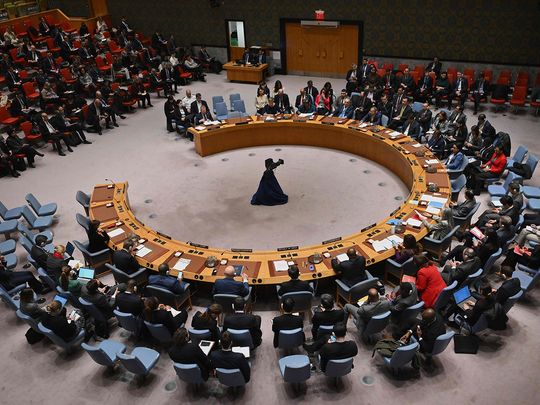
Many see the United Nations as a relic of World War II, arguing that instead of contributing to peace and stability, and contributing to the badly-needed development of much of the world, the world body is losing its moral authority, integrity and credibility; for many, the UN today is merely a gigantic international bureaucracy that mostly produces tons of paper littered with resolutions, minutes of meetings and what have you.
The UN, in all objectivity, did serve well in the aftermath of WWII when its creation was seen as a source of strength aimed at achieving peaceful coexistence and development, but that was then; things are different today.
The UN has also become, in a way, its own enemy. The UN’s Security Council, for example, has evolved to become an exclusive circle of the world’s powerful nations, though some of its members do not exactly boast of an exemplary history that would justify their inclusion in what conceived as a body with noble objectives.
The five permanent members (P5) — China, France, Russia, the UK and the US — form what many UN members refer to as the “club” whose door has been kept firmly shut to newcomers knocking for admittance since many decades.
The UNSC is charged with finding solutions to issues that are of existential importance to humanity such as wars, conflicts, poverty, etc that, inevitably, spell havoc and destruction among mankind. But then another equally detestable feature is that when a possible solution is in sight, the path to that goal can be obstructed by one or more of the P5 members who can weaponise the veto power and block moves by others for reasons of self-interest.
Although France, the UK and US, have acquiesced in expanding the UNSC, Russia takes a “selective stance” at who should be admitted. While all four have, on various occasions, given their nod to India’s admission, Russia has not openly rejected or agreed to the choice of Germany and Japan as new permanent members. The G4 states, comprising Brazil, Germany, India and Japan, have been campaigning for admittance. China, on the other hand, is known to oppose Japan’s admission while Italy is against the choice of Germany.
Strong support for India
Linda Thomas-Greenfield, US ambassador to the UN, speaking at the New York based think tank, Council on Foreign Relations (CFR) last month, said in reference to the G4 inclusion, that “we have expressed our support for Germany, India and Japan. “India has the largest population in the world … and we really, really, strongly support their being on the (Security) Council. And I think there are just no grounds for denying India that. But there will be people who will be opposed to various countries for various reasons. And that’s all going to be part of our negotiations moving forward”. Brazil is the only G4 country not endorsed by the US.
UN Secretary General Antonio Guterres, who has also supported the idea of reforming and revitalising the UN, has not explicitly named any potential candidate countries for permanent seats while instituting the UNSC expansion, but pundits say that he would not be averse to the UNSC’s expansion if the P5 members agreed to it.
In his address at the UN on Sept. 23, Secretary of State Antony Blinken also called for reforming the UN, including the UNSC “to better represent the developing world and, more broadly, the world as it is today. The expansion should include two permanent seats for Africa, one rotating seat for Small Island Developing States, permanent representation for Latin and the Caribbean, in addition to permanent seats for Germany, Japan and India. The US, he added, “supports starting negotiations on council reforms immediately”.
While many would interpret Blinken’s call to move forward in the hotly-debated issue of UN reforms, the strong opposition of some countries against UNSC expansion because of fears that such a move would harm their interest. However, the current P5 members can reinforce their support for the prospective permanent members in the UNSC by engaging in separate individual talks with countries opposing the UNSC expansion, and allaying their fears; the prospective newcomers, on their part also need to take the initiative to convince the opposing countries that such as expansion would also be in their own interest.
Be that as it may, the clear language of US diplomats is encouraging.
Efforts to bring about the much-needed UNSC reforms, should not lose momentum; one should not underestimate the power of world opinion which can overcome what may, appear to be seemingly insurmountable obstacles.
Manik Mehta is a New York based journalist specialising in foreign affairs/diplomacy, United Nations, global economics/trade, etc.


